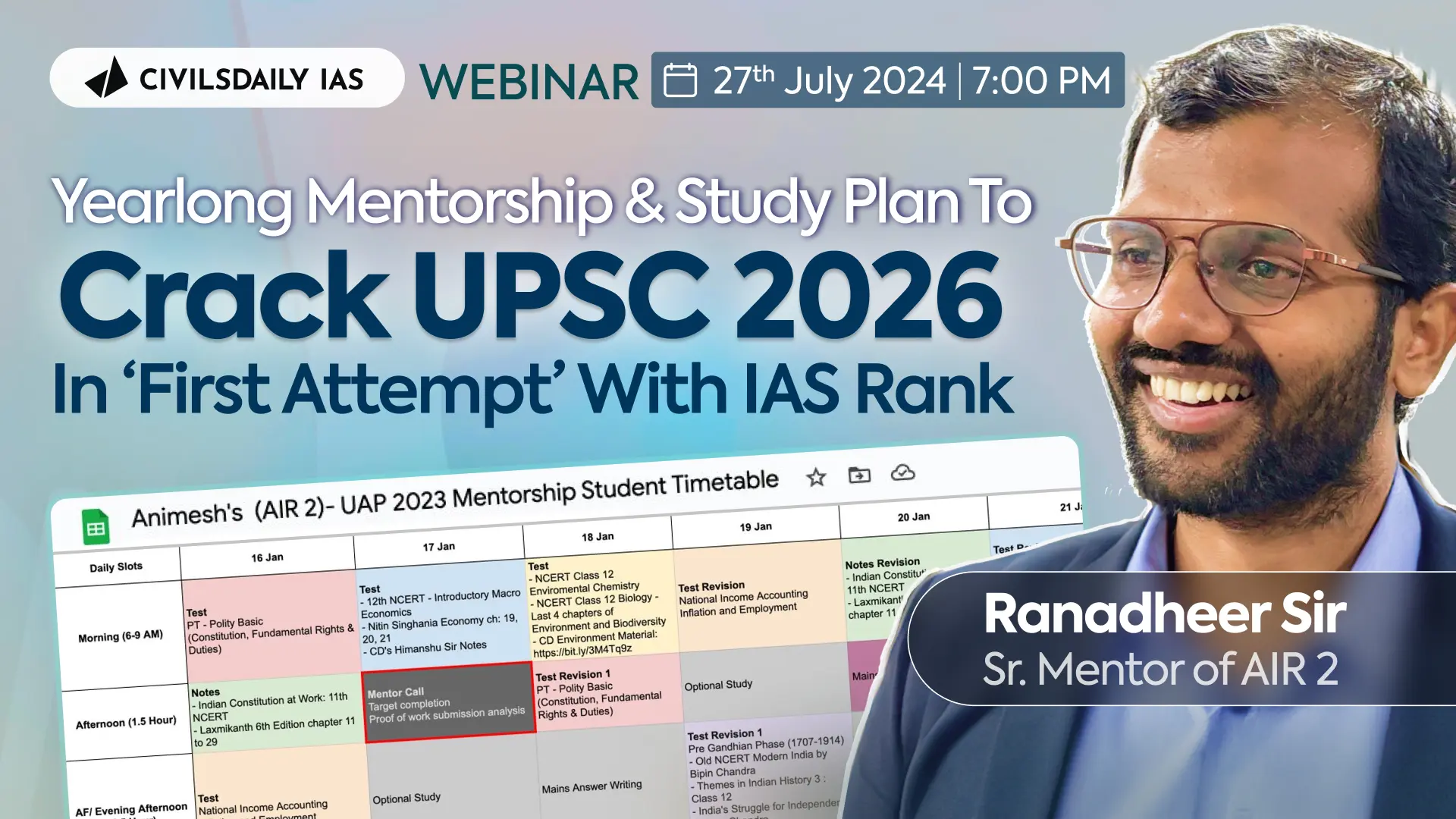Note4Students
From UPSC perspective, the following things are important :
Prelims level: AGI: Role, powers and function
Mains level: Not Much
Attorney General of India has refused consent to a plea to initiate criminal contempt action against an actor for “scandalizing” the Supreme Court.
Note important power, functions and limitations of AGI. A bluff can be created with the dicey statements in the prelims.
What is the case for prior approval in Contempt Cases?
- The prior consent in writing of the Attorney General is required for the Supreme Court to initiate criminal contempt action in a case a/c to the Contempt of Court Act, 1971.
- AGI consent in a form of check on the much-debated suo-motu power of criminal contempt.
Attorney General of India (AGI)
- The AGI is the Indian government’s chief legal advisor and is a primary lawyer in the Supreme Court of India.
- They can be said to be the advocate from the government’s side.
- They are appointed by the President of India on the advice of Union Cabinet under Article 76(1) of the Constitution and holds office during the pleasure of the President.
- They must be a person qualified to be appointed as a Judge of the Supreme Court ( i.e. a judge of some high court for five years or an advocate of some high court for ten years or an eminent jurist, in the opinion of the President and must be a citizen of India.).
Functions and duties
- The AGI is necessary for advising the Government of India on legal matters referred to them.
- They also perform other legal duties assigned to them by the President.
- The AGI has the right of audience in all Courts in India as well as the right to participate in the proceedings of the Parliament, though not to vote.
- The AGI appears on behalf of Government of India in all cases (including suits, appeals and other proceedings) in the Supreme Court in which GoI is concerned.
- They also represent the Government of India in any reference made by the President to the Supreme Court under Article 143 of the Constitution.
- The AG is assisted by a Solicitor General and four Additional Solicitors General.
Powers
- The AG can accept briefs but cannot appear against the Government.
- They cannot defend an accused in the criminal proceedings and accept the directorship of a company without the permission of the Government.
- The AG is to be consulted only in legal matters of real importance and only after the Ministry of Law has been consulted.
- All references to the AG are made by the Law Ministry.
Limitations
The AG:
- should not advise or hold a brief against the Government of India
- should not defend accused persons in criminal cases without the permission of the government of India
- should not accept appointment as a director in any company without the permission of the government
Global precedence
- Unlike the Attorney General of the United States, the AGI does not have any executive authority.
- Those functions are performed by the Law Minister of India.
- Also, the AG is not a government servant and is not debarred from private legal practice.
Get an IAS/IPS ranker as your 1: 1 personal mentor for UPSC 2024
